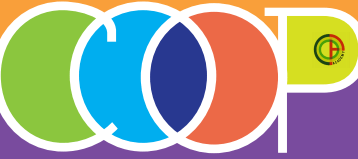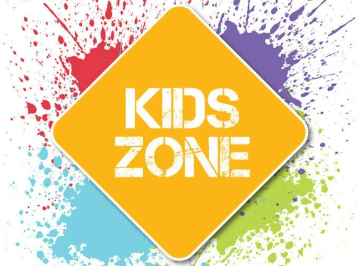
KidSkills Pediatric Occupational Therapy
Vancouver, British Columbia
- Services
- Specialty
- About Us
- …
- Services
- Specialty
- About Us
KidSkills Pediatric Occupational Therapy
Vancouver, British Columbia
- Services
- Specialty
- About Us
- …
- Services
- Specialty
- About Us
Unique Methods
Over the years KidSkills has been adopting several unique OT intervention methods that were acquired through training in Canada and abroad.
Below you will find some information that explains the basics of those approaches.

Cognitive-Functional (Cog-Fun) Intervention
Cog-Fun is an intervention model that was developed more than a decade ago and researched by occupational therapists led by Prof. Adina Maeir in the Laboratory of Cognitive Rehabilitation at The Hebrew University in Israel. The Cog-Fun intervention model aims at promoting the cognitive and psycho-social functions of children with ADHD and improving their quality of life through the therapeutic relationship, meta-cognitive learning, functional training, and environmental supports/adaptations.
Research conducted on children aged 5 – 10, displayed great outcomes in achieving the functional goals that had been set at the beginning of this intervention.
Early Cog-Fun intervention that targets the improvement of executive functions can help facilitate the participation of children with ADHD, whether it is in daycare, at school, at home or in every place they are required to take an active part. It also decreases the negative psycho-social implications of this neurological condition.
The goals of the Cog-Fun intervention are:
- Enhancing the quality of life of the child with ADHD and their family.
- Improving the child’s participation in daily occupations.
- Providing the child and parents with efficient strategies that help the child to better cope with the challenges faced by children with ADHD.
- Promoting successful experiences and self-efficacy in daily occupations.
- Empowering parents as change agents, who help the child transfer the skills to their daily life occupations.
All this is done by using playful and enjoyable activities that harness the child’s motivation, while parents are being active participants in both goal setting, during and between treatment sessions.

Cognitive Orientation to Daily Occupational Performance (CO-OP)
CO-OP is an evidence-based, client-centred and performance-based treatment approach that helps children acquire skills and experience success in performing everyday activities that are important to them.
CO-OP uses a process of guided discovery to enable the identification of the specific strategies that will support performance success. Children are actively engaged in solving their performance problems.
After achieving their chosen goals, the occupational therapist will help them with the generalization of skills and strategies to everyday life and the transfer of learning to new skills and contexts.
The CO-OP approach helps children who have sufficient language fluency, cognitive ability and behavioural responsiveness acquire skills such as dressing, shoe tying, handwriting, cutting with scissors, drawing, cutlery use, ball catching and throwing, cycling, etc.
The parent or their significant other are required to commit to learning together with their child. They play a significant role in helping the child acquire skills,
develop cognitive strategies, and transfer and generalize these strategies into everyday life.

Zones of Regulation
We offer intervention based on the popular "The Zones of Regulation"® curriculum.
In this approach children who struggle with behavioural issues and their caregivers are provided with a visual system through which they learn to identify in which state (zone) they are and how to adjust their behaviour when needed.
Through this system, children are equipped with a way to identify the different emotions, bodily sensations, sensory needs and self-talk through interactive games, sensory supports, mindfulness activities and more. In addition, they learn about their brain and how their behaviour affects other people's thoughts, feelings and behaviour.
Children who have mild-moderate behavioural issues will benefit from this approach by improving skills to both identify their state and employ coping mechanisms. KidSkills also uses a wealth of professional knowledge to provide parents with practical solutions to help with parent-child interaction at home.
KidSkills Pediatric OT
610 21st Ave East,
Vancouver BC, V5V 1R7
© 2006-2022 Ronit Kabazo / KidSkills Pediatric Occupational Therapy. All Rights reserved



